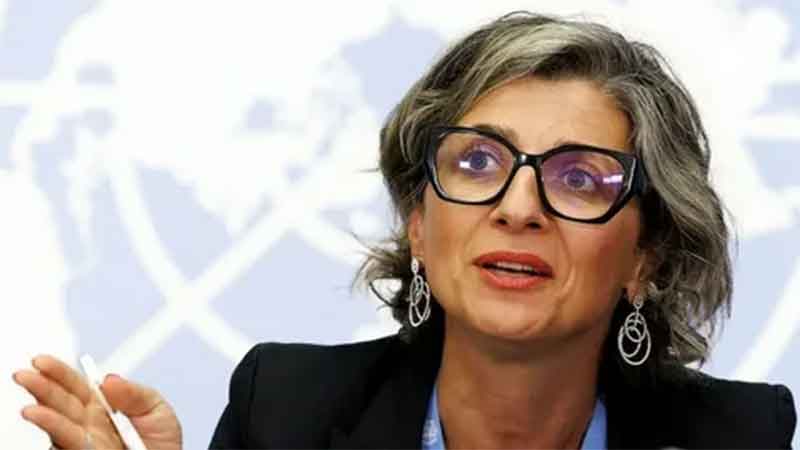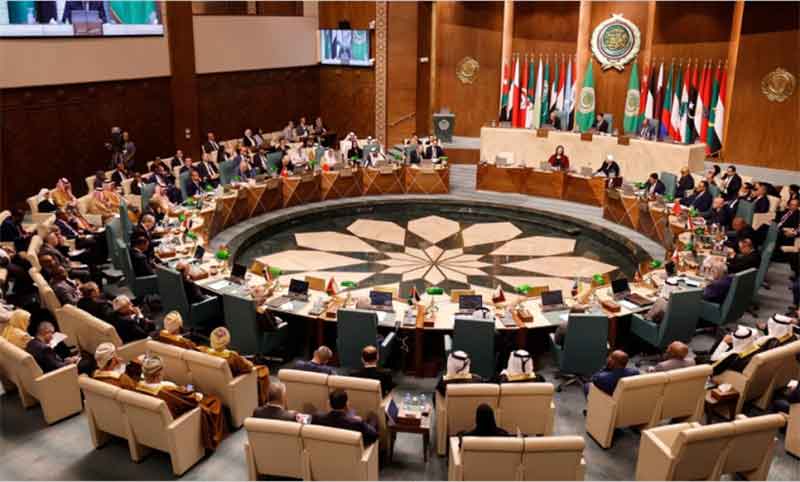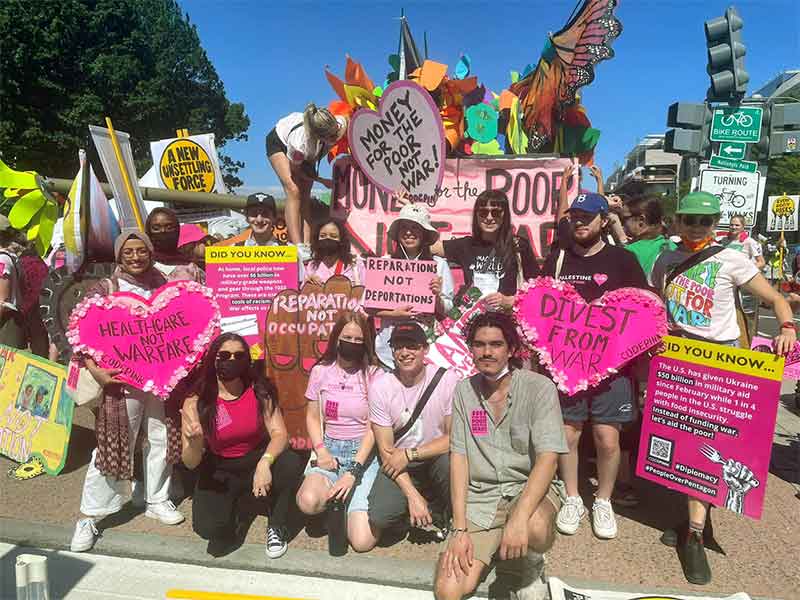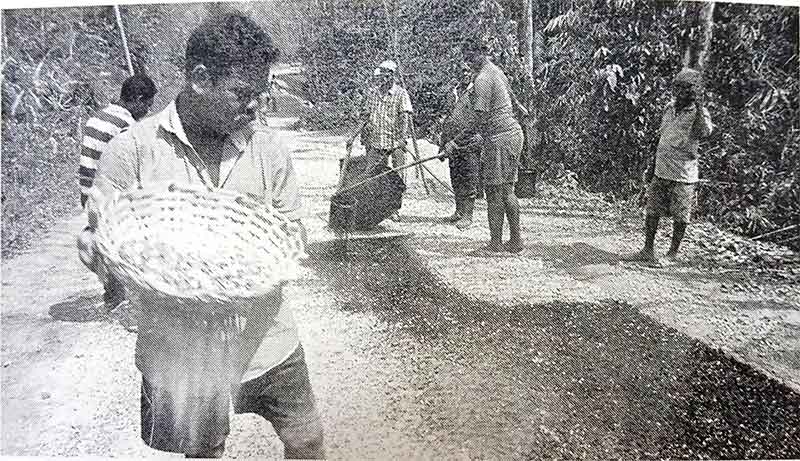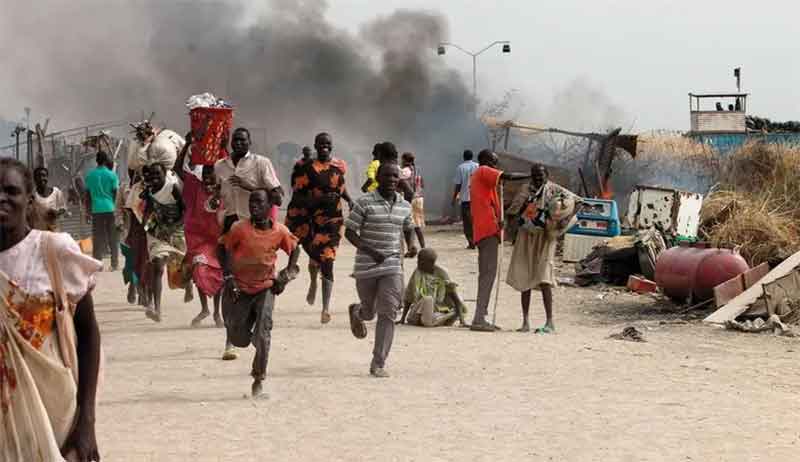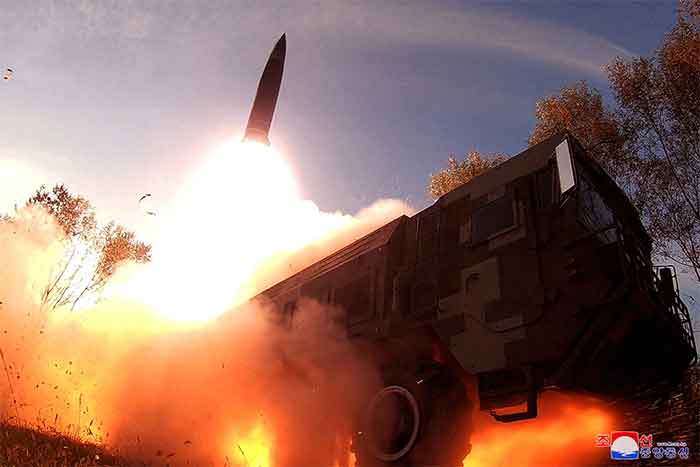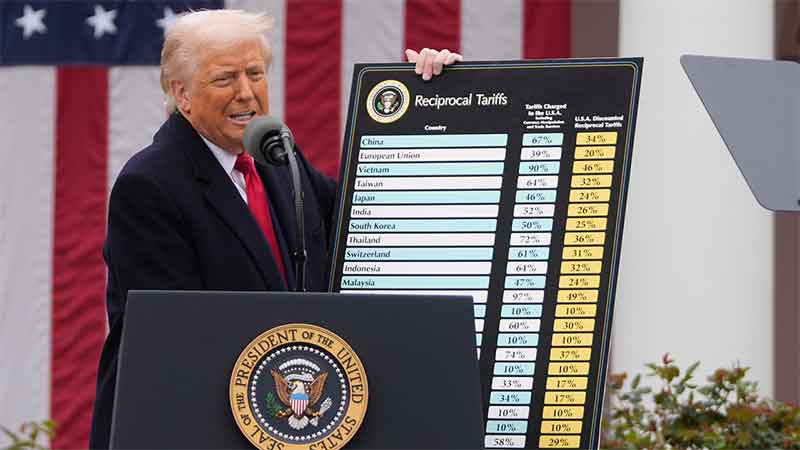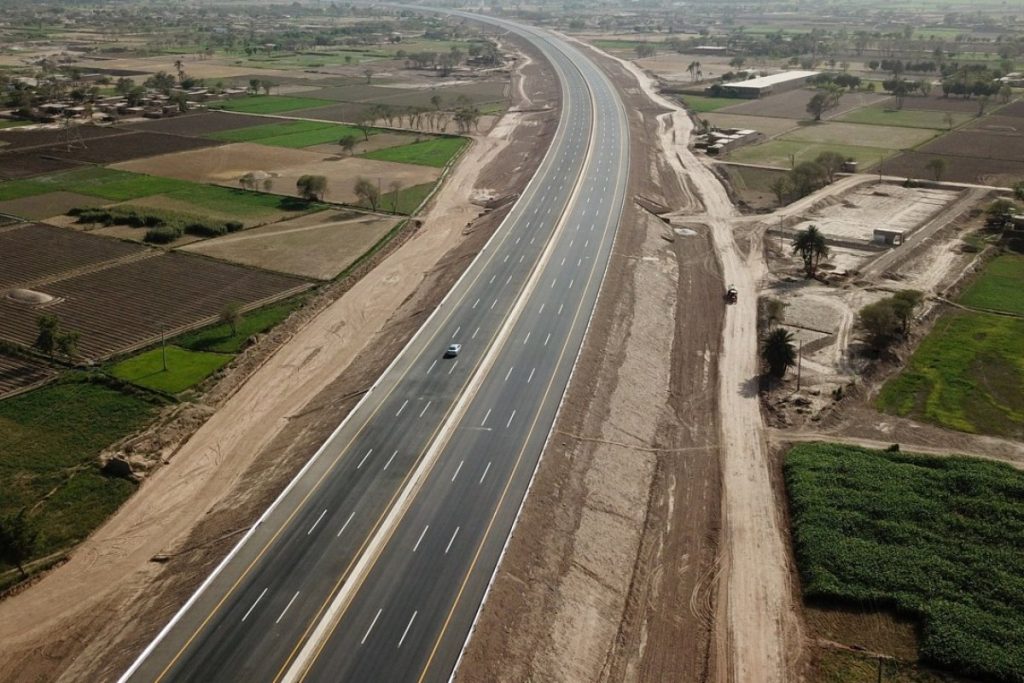
Pakistan on Monday (Oct 7) established the China Pakistan Economic Corridor (CPEC) Authority to speed up the delayed projects as Prime Minister Imran Khan arrived in Beijing
The establishment of CPEC Authority was aimed at accelerating the pace of CPEC related activities.
Multi-billion dollar CPEC was launched in 2015 and several projects under the first phase are close to completion. But the progress on CPEC next phase projects have reportedly slowed since Prime Minister Imran Khan came to power last year.
The Pakistani media has reported that most of the CPEC-related projects have stalled due to certain reasons, including prevailing financial crunch confronting the government and non-cooperation’ of the bureaucracy due to fear of the National Accountability Bureau, the anti-corruption watchdog.
The CPEC is the flagship project of President Xi Jinping’s multi-billion Belt and Road Initiative (BRI).
The CPEC has also become a major irritant in India-China relations with New Delhi voicing its opposition to the infrastructure project as it traverses through Pakistan-administered Kashmir. India is wary of not only Pakistan becoming the recipient of all of this development but also of the increasing role of China in the region.
The CPEC was one of the major topics of discussion during Imran Khan’s two-day (Monday, Tuesday) talks with Chinese President Xi Jinping and Premier Li Keqiang.
The CPEC Authority shall be primarily responsible for coordination, monitoring and evaluation to ensure implementation of CPEC activities. It shall exercise its powers and perform its functions in line with the framework and memorandum of understanding signed between Pakistan and China.
Pakistan has also amended tax laws to give income, sales tax and custom duty exemptions to Gwadar Port and Gwadar Free Zone to enabled them to deal with transit trade.
Meanwhile media reports said Prime Minister Imran Khan has decided to hand over cash-bleeding Pakistan Steel Mills (PSM) to China for its revival.
The federal Minister for Planning, Development and Reforms Makhdum Khusro Bakhtyar said Sunday that the government would offer the steel sector to China for bilateral cooperation in an effort to reduce about $2bn current imports on account of scrap and steel products.
The cooperation in this field would help the country enhance Pakistan Steel Mills capacity to three million tonnes, he said, explaining that Pakistan’s steel requirement was currently nine million tonnes and was estimated to increase to 12m tonnes within a few years as economy starts to grow. At present, the country’s total steel production stood at 4.5m tonnes.
“All the existing projects under the CPEC portfolio have been streamlined and there is no slowdown anywhere,” the minister said.
The CPEC is an economic ‘corridor’ or zone between China and Pakistan started in 2015 and eventually, on completion, will be connecting a number of countries in South and Central Asia for trade and industrial purposes.
Originally valued at $46 billion, the value of CPEC projects is worth $62 billion as of 2017.
A vast network of highways and railways are to be built under the aegis of CPEC that will span the length and breadth of Pakistan.
Modern transportation networks built under CPEC will link seaports in Gwadar and Karachi with northern Pakistan, as well as points further north in western China and Central Asia.
A 1,100 kilometer long motorway will be built between the cities of Karachi and Lahore as part of CPEC, while the Karakoram Highway from Hasan Abdal to the Chinese border will be completely reconstructed and overhauled.
Pakistan’s railway network will also be extended to eventually connect to China’s Southern Xinjiang Railway in Kashgar. The estimated $11 billion required to modernize transportation networks will be financed by subsidized concessionary loans.
The corridor will include 2,000 kilometres transport link between Kashgar in North-Western China to Pakistan’s Gwadar Port on the Arabian Sea via roads, railways and pipelines.
The CPEC’s potential impact on Pakistan has been compared to that of the Marshall Plan undertaken by the United States in post-war Europe. Pakistani officials predict that CPEC will result in the creation of upwards of 2.3 million jobs between 2015–2030, and add 2 to 2.5 percentage points to the country’s annual economic growth.
The real pivot in this game is port of Gwadar. Located near the Strait of Hormuz, Gwadar will save 12,900 KMs of sea route which Middle Eastern energy supplies take to reach China’s eastern board through Strait of Malacca. This new route from Gwadar will serve a dual purpose for China — shorter land route and a strategic advantage in the form of reduced dependence upon India and US. It will also help China in the development of some of its least developed regions in the west.
Pakistan gives 23-year tax exemption to Chinese firm operating in Gwadar
Pakistan has decided to grant a tax exemption to a Chinese firm for 23 years to facilitate the establishment of its industrial units at Gwadar Port in Balochistan.
China Overseas Ports Holding Company Gwadar (COPHC) Chairman Zhang Baozhong told a press conference in Islamabad on Tuesday the tax exemption will be a turning point for Pakistan’s economy and now billions of dollars will be invested in Gwadar.
The COPHC and its four subsidiaries are responsible for operating the seaport and its economic zones for a period of 23 years.
The concessions had been guaranteed in the Gwadar Port Concession Agreement but the successive governments were not notifying them. However, President Dr Arif Alvi on Monday promulgated two ordinances to set up China-Pakistan Economic Corridor Authority and Tax Laws Amendment Ordinance 2019.
“I believe Gwadar will be the largest contributor to the gross domestic product (GDP) growth in seven years,” said the chairman, adding that 95% of the production in the Gwadar Free Zone would be exported.
Currently, Karachi remained the single largest contributor to the national economic output.
“We have completed the master plan of the Gwadar Free Zone that will be built in four phases over a period of seven years,” said Baozhong. “Once the zone is fully developed in seven years, 47,000 jobs will be created for the locals, and its annual sales will be $1 billion.”
On the troubles faced in reaching this point, the COPHC chairman said, “Today is a big day and I had to struggle for seven years to secure these tax concessions, which had been promised in the Gwadar Port Concession Agreement. I had been running up and down for seven years and everybody made promises with me but nobody helped.”
“So far, 41 investors have come forward to invest about $500 million in Gwadar Free Zone in the first phase,” said the port operator. “These industries are being set up in sectors of logistics, edible oil, piping, and halal food.”
He said the $500 million investment would create 5,000 jobs for the locals in phase one alone, adding that the free zone developer had made it binding for the investors to complete the physical infrastructure in six months and start production within one year.
Abdus Sattar Ghazali is the Chief Editor of the Journal of America (www.journalofamerica.net) email: asghazali2011 (@) gmail.com
SIGN UP FOR COUNTERCURRENTS DAILY NEWS LETTER






